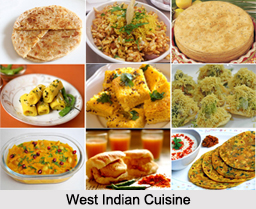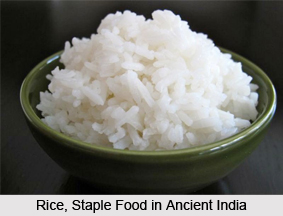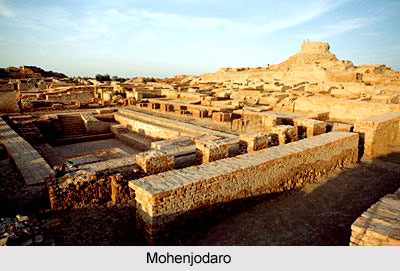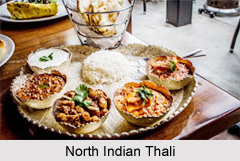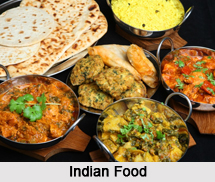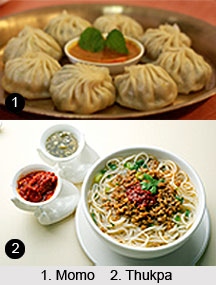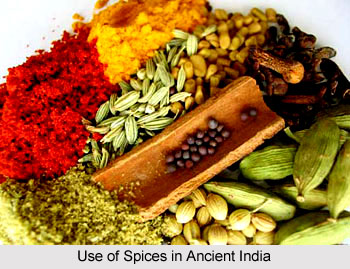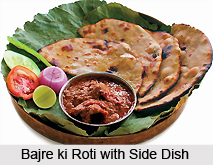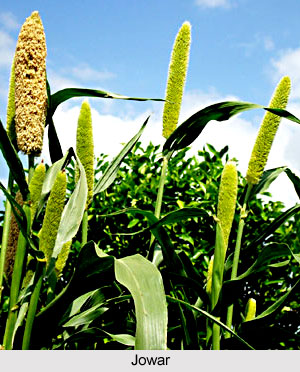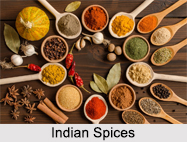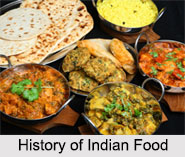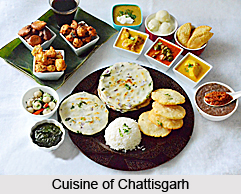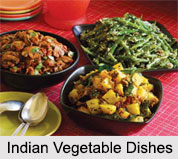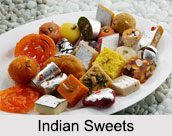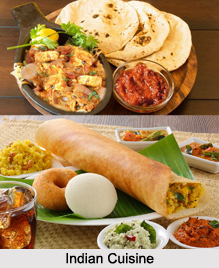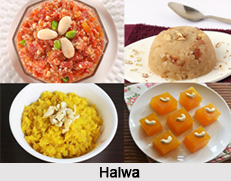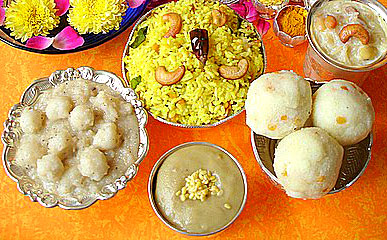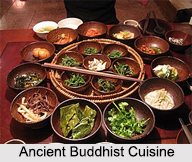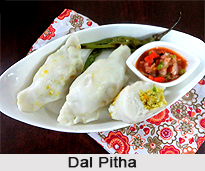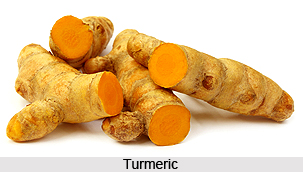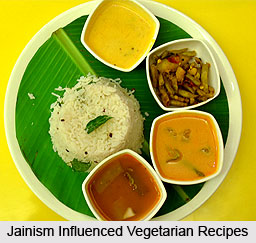 Jain Influence on Indian Cuisine introduced the concept of vegetarianism in the country. India`s glorious vegetarian culture evolved from the eating style and food habit of the Jains.
Jain Influence on Indian Cuisine introduced the concept of vegetarianism in the country. India`s glorious vegetarian culture evolved from the eating style and food habit of the Jains.
Jainism
Jainism is an Indian religion that follows the path of non-violence or ahimsa towards all living beings and emphasizes equality between all forms of life. This is a high ideal of the Jains and Indian food had been influenced by the culture and practise of Jainism. The Jains follow a very simple living and this philosophy of the religion featured a tremendous influence on India`s cuisine. Many of its principles have been naturally incorporated into Hinduism and India`s culinary culture.
Jains object to the eating of meat and fish and are based on the principle non-injuring any living thing in earth. According to their philosophy, violence will lead to the harmful karma. Their meticulous and thorough way of applying non-violence to everyday activities, especially to food, shapes their entire lives.
Influence of Jainism on Indian Food
The Jain Influence on Indian Cuisine popularised the vegetarian items. The in- take of food items such as rice, lentils, wheat, oil seeds and beans are consumed by the people following Jain religion. They are not entitled to consume root vegetables, alcohol, honey and meat and also do not waste any food items. Moreover, their food concept is based on eating after sunrise in the morning and eating before sunset in the evening. Jains have also made the people eat vegetables and fruits which become ripe on the tree.
Jain Influence on Indian Cuisine made the Indians to avoid any liquor so they can live a mindful life. Moreover, offering of food and not wasting any food item as well as drinking filtered water are another important feature of Jains. Jainism prescribes respect for life forms and has contributed to the prevalence of vegetarianism in India. Milk is considered auspicious and milk products such as curd, vegan cottage cheese are popularized by Jains. Spices are generously used to provide variety in the vegetarian diet. Moreover, Jains forbid the use of onions and garlic in food, and substitute flavourings such as cumin seeds, ginger, and cashew paste are incorporated into the cuisine. Jains have made Indian cuisine indispensable.
